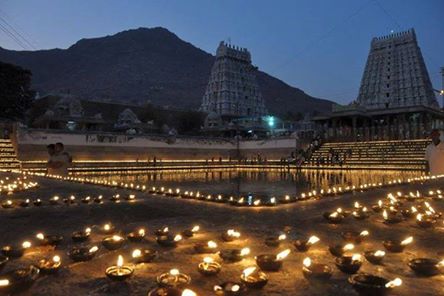All About Bharatiya Sanatana Dharmam otherwise known as Hinduism : 2.1.3
CHAPTER 2. HINDU SCRIPTURES : 1.3.
1.The Scriptures : 3
3. The Sruti and the Smriti-A summation-
The Sruti and the Smriti are the two authoritative sources of Hinduism.
Sruti literally means what is heard, and Smriti means what is remembered.
Sruti is revelation and Smriti is tradition.
Upanishad is a Sruti.
Bhagavad-Gita is a Smriti.
Sruti is direct experience.
Great Rishis heard the eternal truths of religion and left a record of them for the benefit of posterity.
These records constitute the Vedas.
Hence, Sruti is primary authority.
Smriti is a recollection of that experience.
Hence, it is secondary authority.
The Smritis or Dharma Sastras also are books written by sages, but they are not the final authority.
If there is anything in a Smriti which contradicts the Sruti, the Smriti is to be rejected.
Next : The Itihasas : The Friendly Treatises and the Commanding Treatises -
Swami Sivananda
To be continued



.jpg)

Comments
Post a Comment